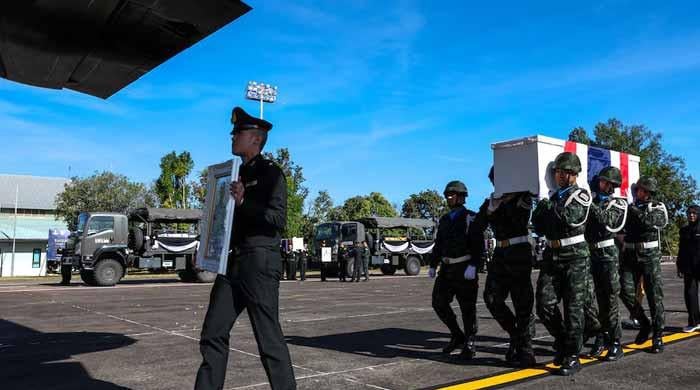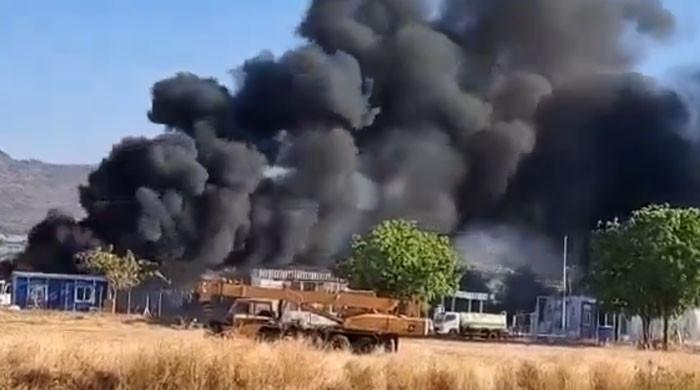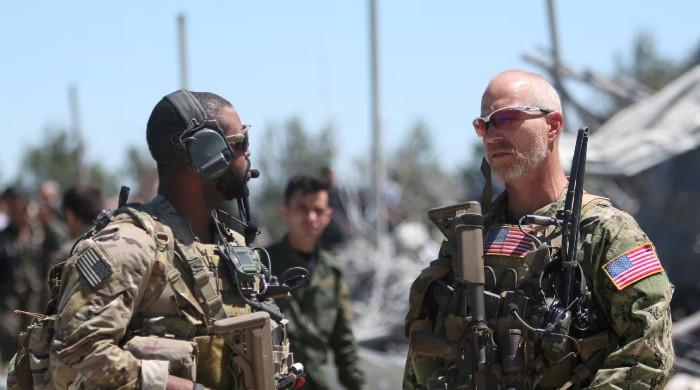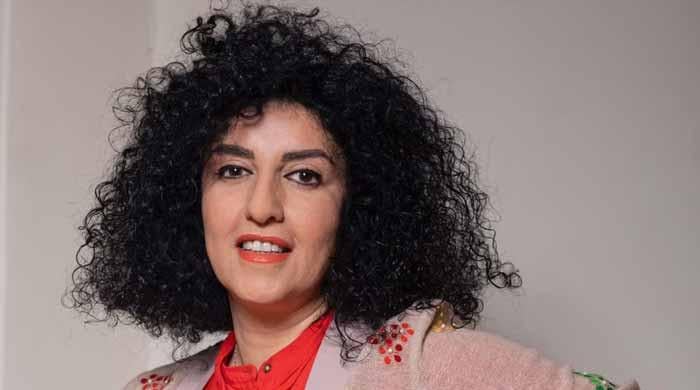With AI and more shade, Saudi Arabia to welcome over a million Hajj pilgrims
Authorities mobilised over 40 govt agencies, 250,000 officials to mitigate heat-related risks, says minister
May 29, 2025
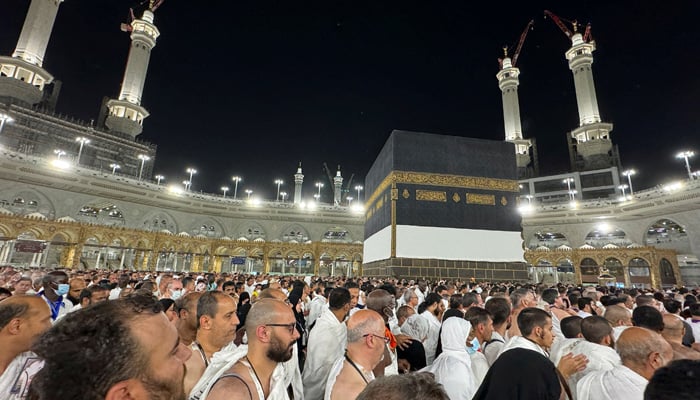
With artificial intelligence, more shade and misting machines, Saudi authorities are preparing to welcome more than a million Hajj pilgrims amid extreme summer heat.
Saudi Arabia's Hajj Minister Tawfiq al-Rabiah told AFP on Thursday that efforts to mitigate the searing desert heat remained a top focus among authorities and organisers ahead of this year's pilgrimage.
"One of the big challenges that we always face is the increasing temperature across the different years and this is an issue that we give top priority," he told AFP during an exclusive interview in Riyadh.
The issue is all the more pressing as officials work to prevent a repeat of last year's Hajj, which saw more than 1,300 pilgrims die as temperatures reached 51.8 degrees Celsius (125.24 degrees Fahrenheit).
This year, Rabiah said authorities have mobilised more than 40 government agencies and 250,000 officials and doubled their efforts to mitigate heat-related risks.
Shaded areas have been expanded by 50,000 square metres (12 acres), thousands more medics will be on hand, and more than 400 cooling units will be deployed for the duration of the Hajj, he added.
Such efforts build on the work of previous years that have seen renovations to areas around the Grand Mosque and asphalt areas covered with a special layer to help reduce surface temperatures.
"These new changes will definitely ensure the safety and the better experience of pilgrims when they perform their Hajj," said Rabiah.
He said this week that more than a million people from across the globe had already arrived in Saudi Arabia for the Hajj, with more still pouring in.
In 2024, 1.8 million pilgrims gathered in Makkah during the pilgrimage.
Permit crackdown
The latest artificial intelligence software will help monitor the deluge of information and footage, including video from a new fleet of drones, from across Makkah.
"We use advanced AI technologies to do this monitoring and get fast feedback," the minister said.
Crowd management has proved perilous in the past, notably in 2015 when a stampede caused about 2,300 deaths.
Along with expanding infrastructure and deploying more personnel, Saudi officials have been cracking down to prevent pilgrims without the right paperwork from entering Makkah.
Officials say more than 80% of the deaths during last year's Hajj were among pilgrims who lacked official permits, which prevented them from accessing services including air-conditioned tents.
Hajj permits are allocated to countries on a quota system and distributed to individuals by lottery.
But even for those who can obtain them, the steep costs spur many to attempt the Hajj without a permit — though they risk arrest and deportation if caught.
To head off a flood of illicit pilgrims entering Makkah, authorities have launched raids, mounted a widespread media campaign and increased fines for those found violating the rules, which includes a potential 10-year ban from the kingdom.
"Therefore, having a permit is very crucial, very important for the safety of all," said Rabiah.
"We count on all Muslims to come only with permits and also we count on all countries to support us to ensure that only those with permits come to Hajj."
This year's pilgrimage will begin on June 4 and take place over at least four days, mostly outdoors.
The Hajj is one of the five pillars of Islam and must be undertaken at least once by all Muslims who are able to do so.
"The Hajj pilgrimage is a sacred journey that the leadership of the kingdom and the whole people of the kingdom take it seriously," the minister told AFP.
"They see it as a duty to work hard to ensure the spiritual fulfilment and safety of pilgrims."




